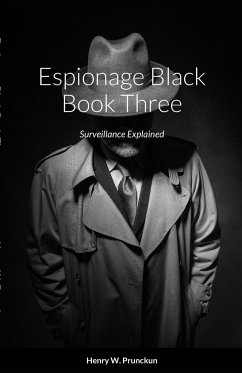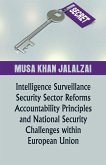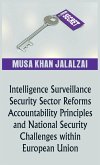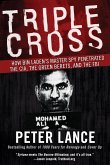Surveillance is the monitoring of people-what they do, how they do it, where they do it, and with whom they do it. Although some opponents warn that it has sinister implications, there are many advantages. The benefits that immediately present are the increased feeling of personal safety when a CCTV network is installed. Private investigators use surveillance to expose and prosecute fraud. Police use it to prevent crime and gather intelligence about organized criminal groups. And, the military and national security agencies use surveillance to prevent surprise attacks and ensure hostile nations comply with international treaties. In this third in the series of "Espionage Black Books," former government intelligence analyst Dr Henry Prunckun explains what surveillance is, how it is performed, and how hostile surveillance is detected and countered.
Hinweis: Dieser Artikel kann nur an eine deutsche Lieferadresse ausgeliefert werden.
Hinweis: Dieser Artikel kann nur an eine deutsche Lieferadresse ausgeliefert werden.









